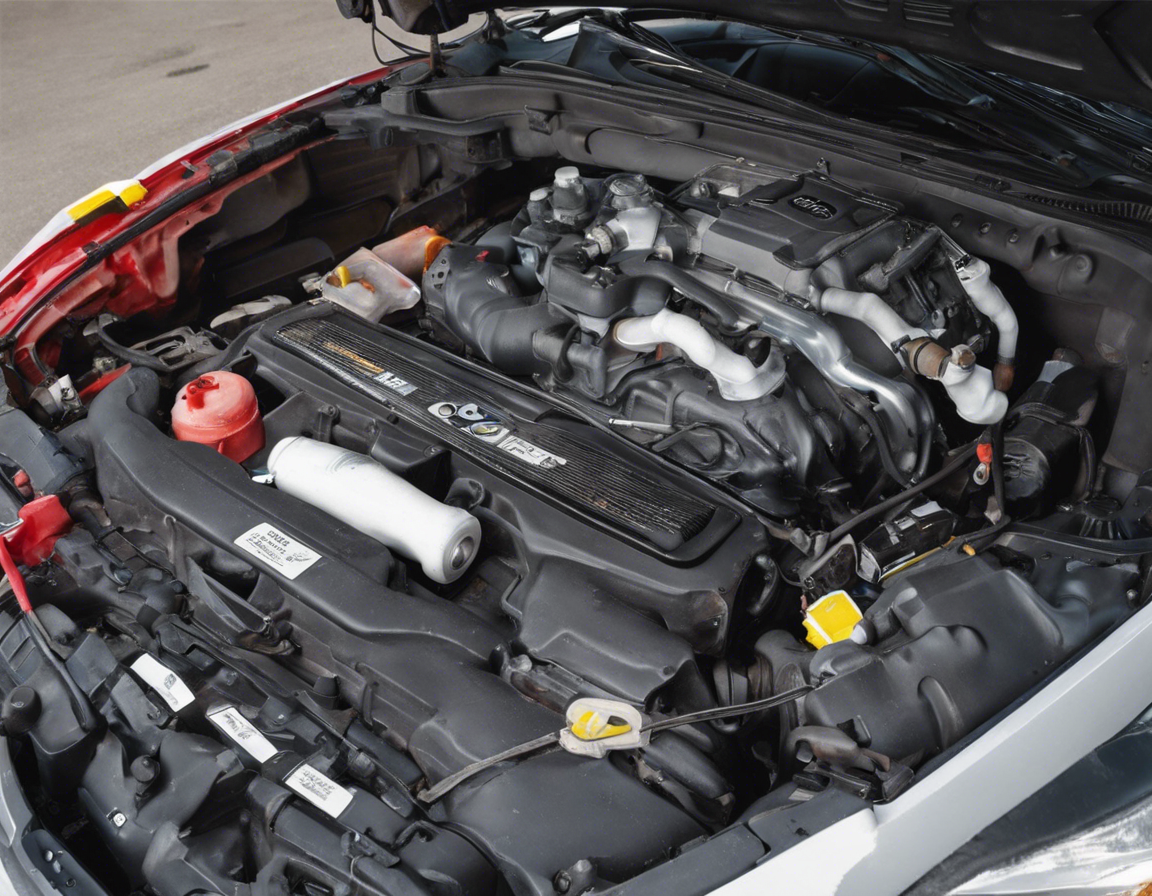Introduction
Car coolant leaks can be a common issue that car owners may face. If you suspect a coolant leak in your vehicle, it’s essential to address it promptly to prevent overheating and potential engine damage. In this blog post, we will delve into the costs associated with repairing a car coolant leak, what affects these costs, and what you can expect during the repair process.
Understanding Car Coolant Leaks
Coolant, also known as antifreeze, plays a crucial role in maintaining your car’s engine temperature and preventing it from overheating. A coolant leak can occur due to various reasons, such as a damaged hose, a faulty radiator, a cracked engine block, or a deteriorated water pump gasket. Identifying the source of the leak is the first step in addressing the issue.
Cost Factors
The cost of repairing a car coolant leak can vary depending on several factors:
-
Extent of the Leak: The severity of the leak and the damaged components will impact the overall cost of repair.
-
Labor Costs: Labor costs for coolant leak repair can vary based on the mechanic’s hourly rate and the complexity of the repair.
-
Replacement Parts: The cost of replacement parts, such as hoses, gaskets, or a new radiator, will also contribute to the total repair cost.
-
Coolant Type: The type of coolant used in your vehicle can affect the overall cost of repair.
Common Repair Procedures
Repairing a car coolant leak typically involves the following steps:
-
Diagnostic Testing: A mechanic will perform diagnostic tests to identify the source of the leak.
-
Replacing Damaged Components: This may include replacing hoses, gaskets, the radiator, or other components contributing to the leak.
-
Pressure Testing: After repairs are made, the cooling system is pressure tested to ensure there are no additional leaks.
-
Refilling Coolant: The system is refilled with coolant and bled of air to ensure proper circulation.
Cost Estimates
The cost of repairing a car coolant leak can range from $150 to $1000 or more, depending on the factors mentioned earlier. Simple repairs such as hose replacements may cost on the lower end, while more complex issues like a damaged radiator or water pump can drive up the expenses.
DIY vs. Professional Repair
While some car owners may attempt to repair a coolant leak themselves, it’s essential to consider the complexity of the repair. DIY repairs may be feasible for simple hose replacements, but more intricate repairs should be left to a professional mechanic to ensure the job is done correctly.
FAQs
-
Can I continue driving with a coolant leak?
It’s not recommended to drive your vehicle with a coolant leak as it can lead to overheating and potential engine damage. -
How do I identify a coolant leak?
Look for signs such as puddles of coolant under your car, a sweet smell inside the cabin, or your temperature gauge rising above normal. -
Will a coolant leak repair be covered by my car warranty?
Depending on the warranty coverage and the cause of the leak, some repairs may be covered. -
Can I use a sealant to fix a coolant leak?
While sealants may offer a temporary fix for minor leaks, they are not a permanent solution and may cause more significant issues down the line. -
How often should I have my cooling system inspected?
It’s recommended to have your cooling system inspected during regular maintenance intervals or if you suspect a leak or overheating issue.
In conclusion, addressing a car coolant leak promptly is crucial to prevent costly engine damage. By understanding the costs involved in repairing a coolant leak and taking necessary precautions, you can ensure your vehicle stays running smoothly and efficiently.
